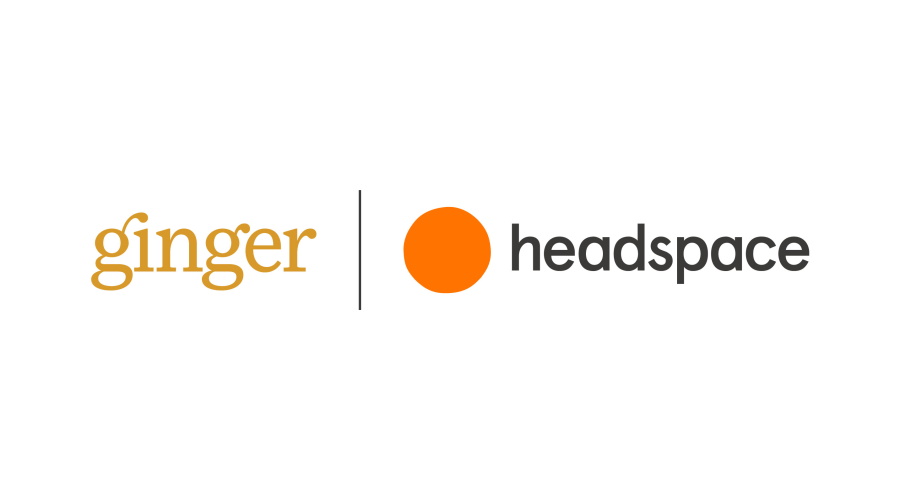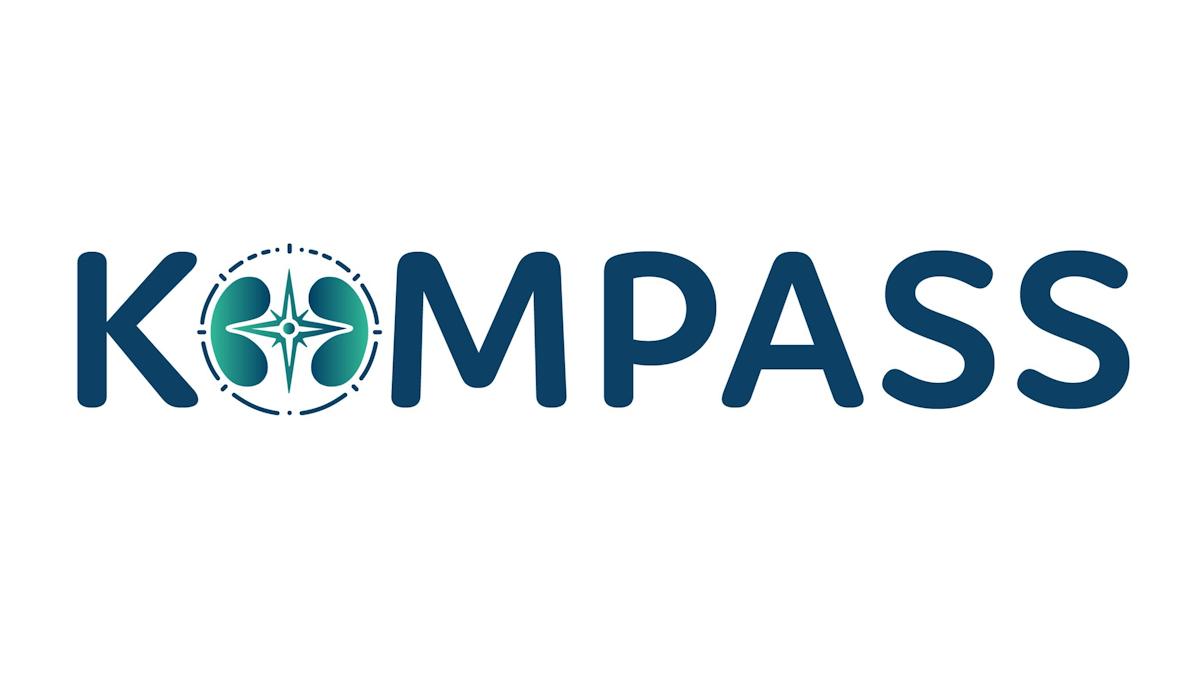Digital mental health firms Headspace and Ginger in $3bn merger

A merger between two digital mental health companies – Headspace and Ginger – will create a $3 billion giant in a category that has been growing at breakneck speed as a result of the COVID-19 pandemic.
The deal brings together Headspace's meditation and mindfulness app – used by millions of people around the world – and Ginger's platform which provides therapy and psychiatric support as an on-demand, video-based service.
The merged company will be called Headspace Health, have 100 million customers in more than 190 countries worldwide, and will employ around 800 workers.
Along with the direct-to-consumer business, it will also have 2,700 contracts with companies and other organisations that offer digital mental health care plans to their staff.
Ginger and Headspace – which were both formed in 2010 – said that the move has come in response to "escalating global demand for mental health support", and will "democratise" access to care.
The emotional and psychological wellbeing of the world's population has been put under tremendous strain because of the COVID-19 pandemic, exacerbating an existing global mental health epidemic.
The World Health Organization (WHO) has estimated that around one billion people worldwide live with a mental disorder, and more than 75% of people worldwide with mental, neurological, and substance use disorders receive no treatment.
A recent study also found that nearly half of adults in the US reported symptoms of anxiety or depression during the pandemic.
"We are witnessing a mental health crisis unlike anything we've experienced in our lifetimes, yet the majority of mental healthcare today is neither broadly accessible nor affordable," said CeCe Morken, Headspace's chief executive.
Virtual tools are one way to address that problem, and Headspace and Ginger both point to clinical studies showing that their approaches can have a benefit.
A randomised clinical trial of the Headspace app in 72 people – mainly in the UK – found that engaging in mindfulness meditation daily for 30 days reported reduced stress levels by a third compared to a control group.
Ginger, meanwhile, says its team-based care model has been shown to produce an average of 59% improvement in anxiety and 70% improvement in depression. The company raised $100 million in a Series E financing in March, bringing its total funding to more than $220 million.
The deal is expected to close in the fourth quarter whereupon Morken will become president of the combined company and Ginger CEO Russell Glass will fulfil the same role post-merger.
"Headspace and Ginger have a shared recognition that the mental health crisis can't be solved by simply hiring more therapists or moving care online," according to Glass.
"Through this merger, we can uniquely tackle the full spectrum of mental health needs – from prevention to clinical care – all from one integrated platform."













